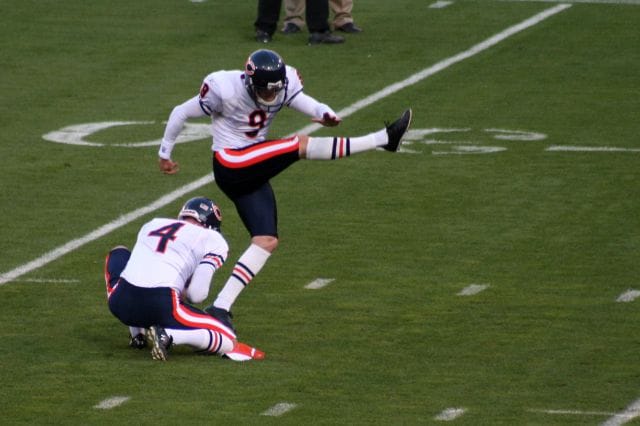Episodes: How to write a kicker

One of the things a lot of younger writers find hard to do that I have always found easier than most is writing "kickers," those pithy little sentences that come at the very end of reviews or thinkpieces or whatever and are supposed to leave you with one last stinger to think about.
But when I tried to explain how I went about the process to a coworker, I realized something a little horrifying: I have a formula.
Not consciously, I guess. But I usually go to the same basic sentence structure, with the same basic rhythm, of a three-part sentence, where each individual part is pretty simple, but together, they make something a little more complex. And as I looked back at stuff I've written across my career (and we're talking all the way back to college), I do it all the time.
Where did I pick this up? I don't know. I've seen a little bit of it in Roger Ebert's stuff, and he was a huge influence. I've always been a pretty good copycat, so I suspect that's where I first encountered it. But I'm a little baffled as to how frequently I use it (and how little anybody has called me on it until I noticed it myself). It's not a bad little structure, and it comes in handy when you want to say something poignant, especially, but can also be cutting or witty or whatever.
So, anyway, here's how to write a kicker.
Simple sentence (often with a to be verb), linking participle phrase that conveys an unfinished state, more definitive phrase that lands the plane.
Since most of you are going to have no idea what I'm talking about from the above, here are some examples I just made up.
--This is a bad TV show, longing for something greater than itself, unable to find its way home.
--The dog ran away, looking toward its master, forever suspended in that last moment.
--I have two empty containers of chewing gum on my desk, both sitting here waiting to be thrown out, knowing I will never do so.
--I bought edible cookie dough today, purchasing two containers, certain I'll never commit to this diet.
--For sale: Baby shoes, never worn.
You get the picture, right?
What I realized as I was writing those out is that this formula works because it's, in essence, a little three-act story. In all of the above, you get a simple introduction to the conflict (a dog running away, a man buying cookie dough), before the "second act" elongates the conflict by introducing some new element (the dog's master, the second container of cookie dough), and before the final phrase concludes things on a definitive note (the dog doesn't get to his master, my diet is toast). In essence, it's a way to not just summarize your article, but turn it into a little story, which is why I probably glommed onto it in the first place.
And once you start to see it, you'll see it everywhere. This is a surprisingly common closing sentence structure, but so far as I can tell, there's no real codified way to talk about it, beyond the super grammatical version I tried above (and that was me simplifying quite a bit). We all want to end pithily, but in a way that evokes emotion. This constantly linking structure allows for a way to do that surprisingly easily.
I don't claim to know if it works 100 percent of the time, and now that I'm aware of how often I do it, I'm trying to get away from it. (I will almost certainly fail.) But maybe this is what you needed all along! Who knows!
You should give it a shot either way. You never know when you might find the tool you need, hidden in the place you least expected it, somewhere only you could find it.
--
Episodes is published three-ish times per week, and more if I feel like it. It is mostly about television, except when it's not. Suggest topics for future installments via email or on Twitter. Read more of my work at Vox Dot Com.



